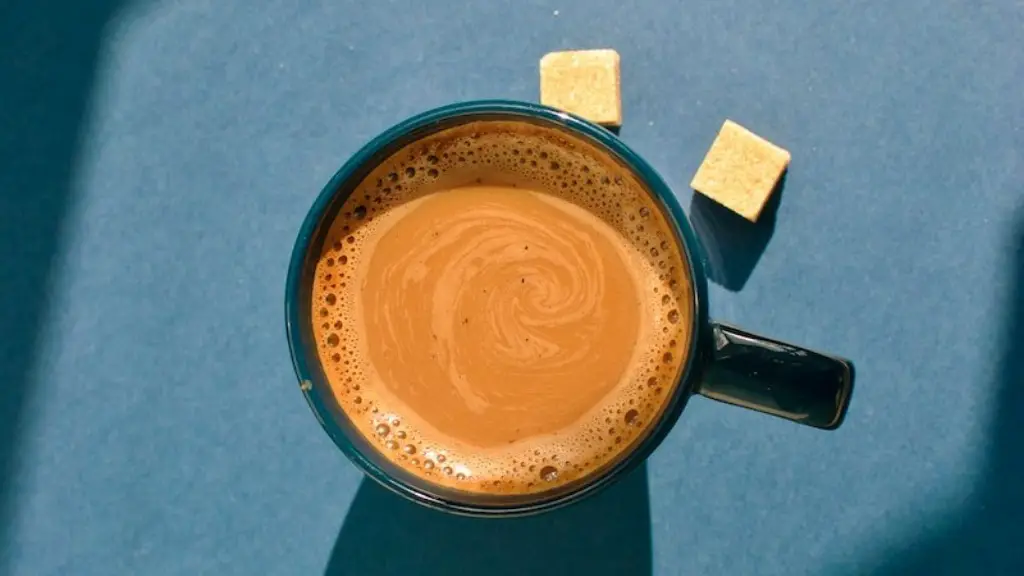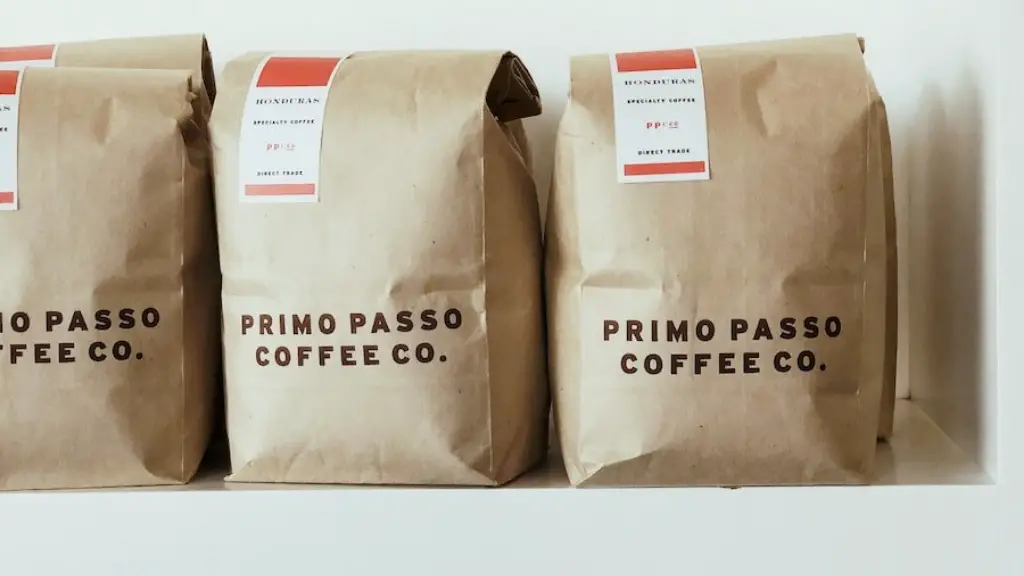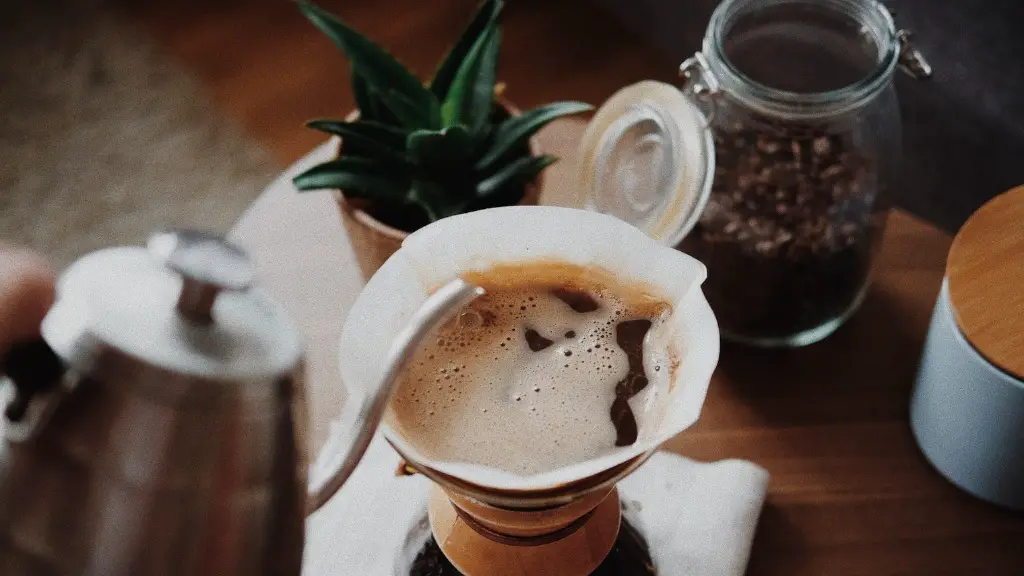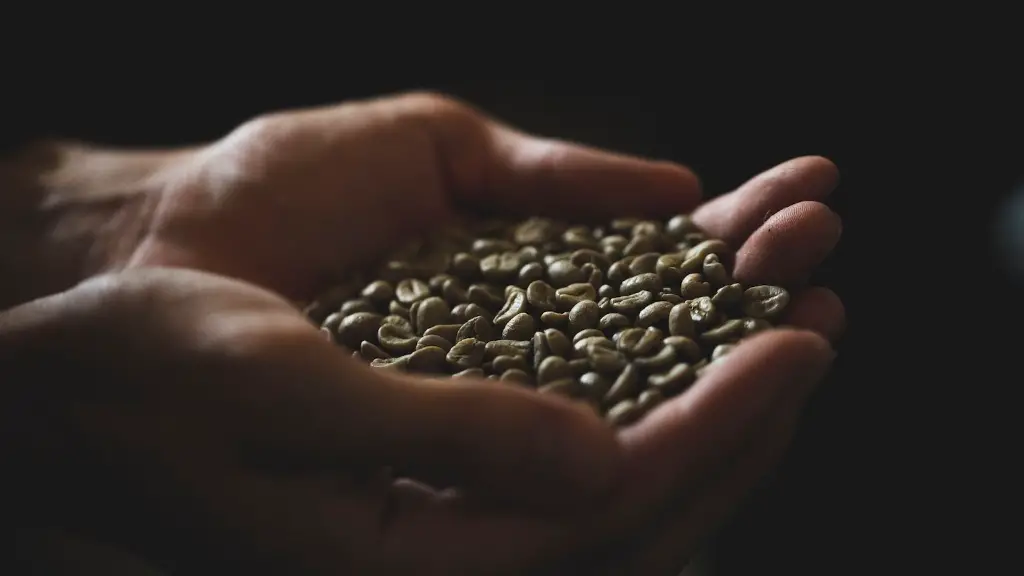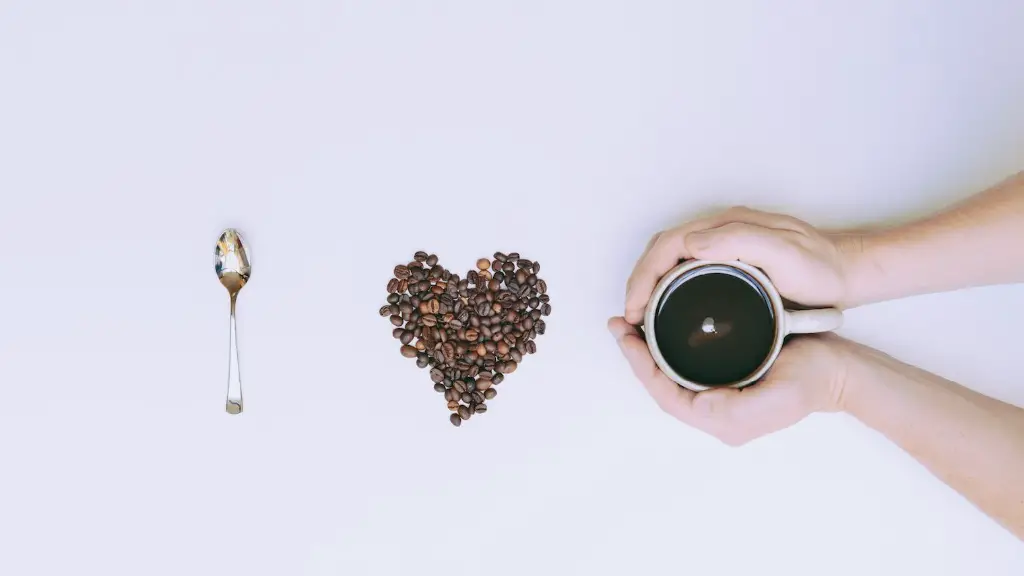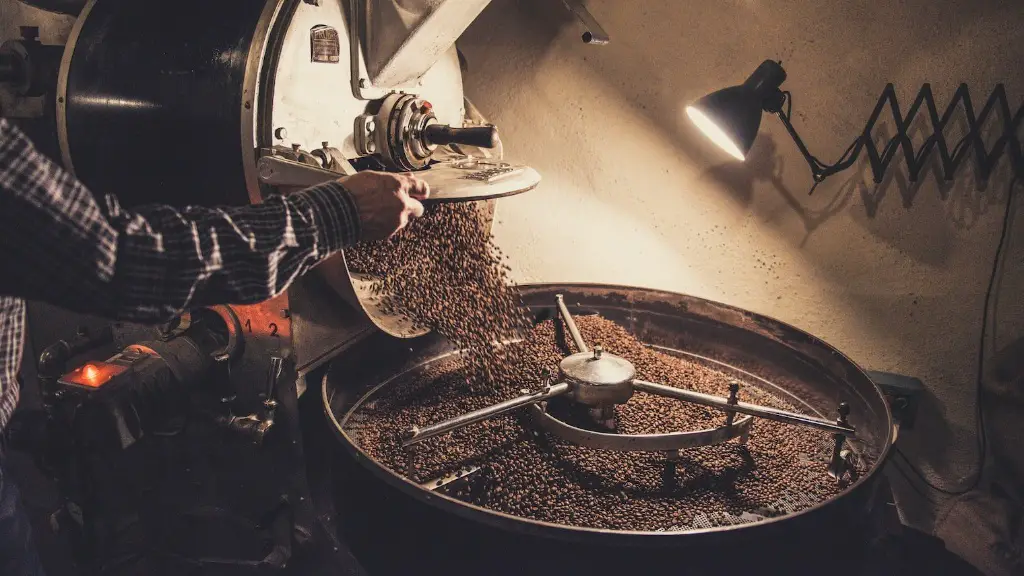The debate about whether it’s better to drink coffee fast or slow has been ongoing for centuries. While each individual has their own preference and could offer anecdotal evidence and compelling arguments on either side, there are compelling arguments to suggest that consuming coffee in either method has its own unique benefits.
There is a scientific basis to support both drinking coffee fast and slow. Fast drinking of coffee has the potential to cause negative side effects such as nausea, headaches, and vomiting, due to the body’s inability to process high levels of caffeine in a short period of time. On the other hand, the slow release of caffeine into the body can be considered a healthier option, as it gives the body time to absorb the caffeine gradually, and therefore eliminates the possibility of experiencing such severe side effects.
Aside from this, there is also a psychological element to consider. People who are able to take the time to sip their coffee and savour each sip may be doing themselves a favour mentally and emotionally. Slowing down to enjoy the pleasure of your coffee can be a beneficial way take a break from the hustle and bustle of everyday life and wind down. The act of drinking a cup of coffee can become not only a mental break, but also a mindful one, as you appreciate the delicate flavours and aromas of the coffee.
Experts agree that while it is healthier to drink coffee slowly, it is also important to be mindful of your caffeine consumption. Consuming too much caffeine can leave you feeling jittery and anxious, which can disrupt your mood and daily productivity. In order to minimize such effects, it’s important to understand how your body reacts to different levels of caffeine and be mindful of the amount you are consuming. Additionally, bear in mind that drinking coffee too slowly can leave you feeling sluggish and can even interfere with your body’s natural sleep cycles. So moderating your intake of coffee is key.
The debate surrounding the coffee-drinking debate will probably never be resolved. But one aspect that’s clear is that it’s important to be aware of your own body and lifestyle in order to determine whether it’s better for you to drink coffee fast or slow. Ultimately, it comes down to finding an approach that works for you.
Caffeine levels
Caffeine is one of the active ingredients in coffee, and it is responsible for providing the energy boost that many coffee drinkers rely on. Knowing the amount of caffeine in your coffee can help you to decide how to drink it correctly, depending on how much energy you need and how fast you want to drink it. The amount of caffeine in coffee varies according to the type and strength of the coffee beans used, so it is important to be aware of this when deciding how to drink your coffee.
The amount of caffeine in an 8 oz (240 ml) cup of coffee can range from about 85-197 mg. So if you are looking for an energy boost, it may be best to drink your coffee fast, as the caffeine will be absorbed faster into the bloodstream in this way. However, if you are looking for a more mild approach, it may be best to opt for a lower-caffeine option such as decaffeinated coffee, and drink it slowly.
The best way to determine how much caffeine is right for you is to experiment with different types of coffee and see how they affect your energy levels. Everyone is different and what works for one person may not work for another. So take your time and experiment in order to find the right balance that works for you.
Benefits of coffee
Aside from an energy boost, coffee can also offer several other benefits including a healthier heart and better brain functioning. Studies have shown that people who drink moderate amounts of coffee a day (up to five cups) have a lower risk of developing certain cardiovascular diseases, such as heart failure and stroke. Caffeine can also protect your brain from degeneration, by increasing the production of new brain cells and slowing down age-related cognitive decline.
In addition to these benefits, coffee can also improve mood and alertness, thanks to its stimulating properties. The caffeine found in coffee stimulates the brain, and increases dopamine and serotonin production, which are the hormones responsible for making us feel happy. Drinking coffee can help to boost creativity, focus, and alertness, making it ideal for those who need an extra energy boost.
While these benefits are great, it is important to remember to keep your caffeine consumption in moderation. Consuming too much caffeine can leave you feeling jittery and anxious, and lead to insomnia, which is why it is important to be mindful of how much you are drinking.
Healthy coffee habits
To ensure that you get the full benefits of drinking coffee, it is important to establish healthy coffee habits. This may include ensuring that you are drinking the right types of coffee, such as organic and fairtrade, as well as limiting your intake of added ingredients. Also try not to exceed five cups of coffee a day, and take regular breaks from coffee to help your body detoxify and recharge. Additionally, consider the quality of your coffee, including the type of beans used, the brewing method, and the serving temperature. This can help to ensure that you get the maximum flavour and nutrition from your cup of coffee.
Finally, be mindful of how you drink your coffee. If you are looking for an energy boost, drinking your coffee fast may be the best option. However, if you want to savour the delicate flavours and aromas, take your time and enjoy every sip.
Alternatives to coffee
For those who don’t like the taste or effects of coffee, there are a number of alternatives that can provide a similar energy boost. These alternatives can be consumed hot or cold, and are generally caffeine-free. Some of the most popular alternatives include herbal teas, green tea, and matcha tea.
Herbal teas, such as chamomile, rooibos, and peppermint, are naturally caffeine-free and are often rich in antioxidants and minerals. They also have a mild, pleasant flavour and can provide a calming and relaxing effect.
Green tea is another popular alternative to coffee. It contains levels of caffeine similar to those found in brewed coffee, but also provides additional antioxidants and health benefits. Plus, it has a mild and refreshing taste that can be enjoyed both hot and cold.
Finally, matcha tea is a type of green tea powder made from ground up tea leaves. It contains even more antioxidants than regular green tea, and has a unique, earthy flavour. It is an excellent alternative to coffee, as it provides an energy boost without having to worry about any of the negative side effects associated with high levels of caffeine.
The caffeine-free option
For some people, the best option is to completely avoid caffeine altogether. Fortunately, there are a number of alternatives to coffee and tea that can provide a refreshing and energising boost without any of the caffeine-related side effects. These include coconut water, fruit smoothies, and tonics.
The natural electrolytes in coconut water can provide a refreshing and energising boost and can be enjoyed hot or cold. Additionally, they are rich in minerals and vitamins, making them an ideal drink to sip throughout the day. Similarly, smoothies and tonics can be blended up with various fruits, nuts and seeds, providing delicious, energising snacks without the need for caffeine.
At the end of the day, the debate about whether it’s better to drink coffee fast or slow is unlikely to be resolved. But by understanding the effects of coffee and understanding your own body and lifestyle, you can find an approach that works for you. And don’t forget that there are a variety of alternatives to coffee and tea, so don’t be afraid to explore and experiment!
